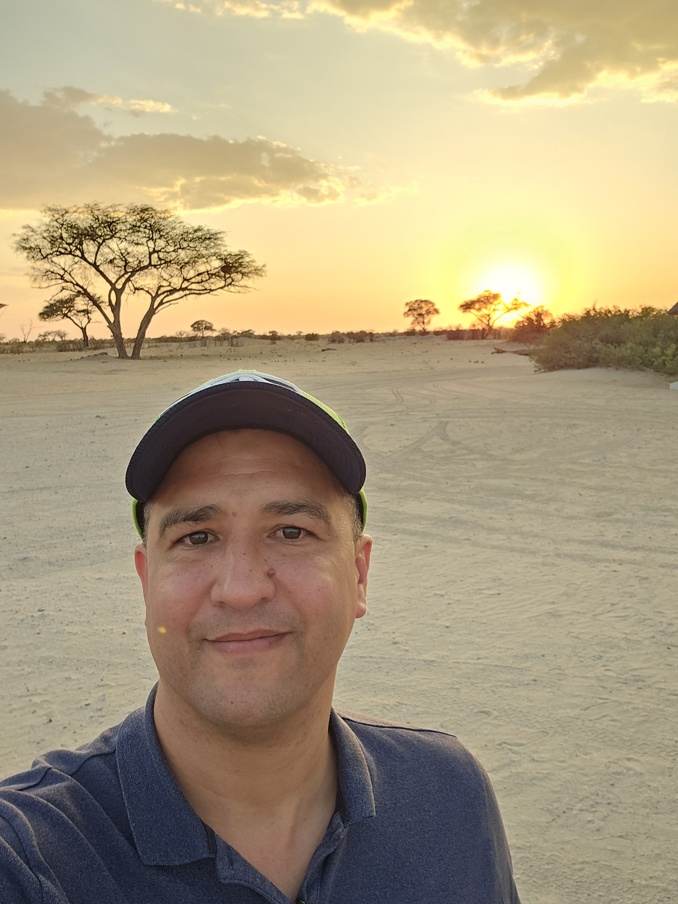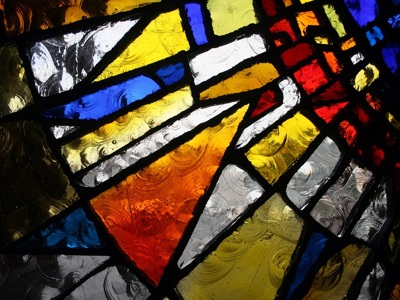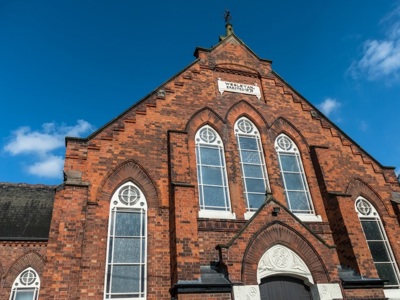
Zimbabwean victims of sadistic sexual abuser John Smyth bring legal claim against Church of England
Seven Zimbabwean victims of sadistic sexual abuser John Smyth have instructed law firm Leigh Day to bring a legal claim against the Church of England, alleging that senior clergy and church officers orchestrated a cover-up that enabled Smyth to continue abusing boys for decades.
Posted on 04 October 2025
The claim traces a direct line from the church’s failure to act in the early 1980s to the abuse that later occurred in Zimbabwe.
The claimants include six men who were abused as teenagers at Christian holiday camps run by Smyth in Zimbabwe, and the mother of Guide Nyachuru, a 16-year-old boy whose body was found in a swimming pool at one of Smyth’s camps in 1992.
A letter of claim sent on behalf of the seven by Leigh Day asserts that the Church of England’s failure to report Smyth’s abuse in the UK between 1982 and 1984 directly led to his relocation to Zimbabwe, where he continued to prey on vulnerable boys. The abuse included forced nudity, beatings with table tennis and jokari bats, indecent exposure, groping and intrusive conversations about masturbation.
It is now well known that in the UK Smyth had beaten boys naked in a purpose-built, soundproofed shed in his garden - sometimes for hours - leaving them bleeding and traumatised. Some victims were given adult nappies to stem the bleeding.
An internal investigation acknowledged the criminality of the beatings, yet the police were not told. Instead, Smyth was encouraged to leave the country. Following discussions among senior clergy, Smyth moved to Zimbabwe and set up the Zambesi Trust UK which funded his work and expenses. The trust’s Council of Reference included prominent conservative evangelicals. The funding from the trust enabled Smyth to host the Christian camps where the abuse took place.
Leigh Day’s letter of claim has been sent to St Andrew the Great church (formerly the Round Church, Cambridge), which employed the late Reverend Mark Ruston, who led the internal investigation into Smyth’s abuse in 1982. The claim alleges that Mr Ruston, alongside other clergy and senior church officers from other parishes, deliberately concealed the abuse and failed to report it to the police, despite acknowledging that crimes had been committed.
It states that the failure to report Smyth to the authorities appears to have been motivated by a desire to protect the reputation of the Church of England - particularly among senior figures in its conservative evangelical wing.
The Makin Review, commissioned by the Church of England and published in 2024, concluded that in 1982 the Church of England had actively covered up Smyth’s abuse and considered him “a problem solved and exported to Africa”. The Archbishop of Canterbury resigned following its publication, and disciplinary proceedings have been initiated against several clergy.
The letter of claim states: “In orchestrating this cover up, Ruston and the other Church of England church officers and clergy who covered up Smyth’s abuse knowingly enabled him to continue to have access to and be involved with vulnerable boys, and their care, including our clients. But for the breaches our clients would not have been abused by Smyth and would not have suffered the harm detailed.”
The letter further quotes the Makin Review:
“John Smyth could and should have been reported for his abuses then and this would have led to a different set of outcomes, even if he was not prosecuted at that time. Everything else that unfolded thereafter was as a direct result of this decision to hide the abuse… Even within the context of the time and the policies in place, both within the Church and in wider society, their clear responsibility was to report serious crimes to the police…John Smyth was able to abuse boys and young men in Zimbabwe (and possibly South Africa) because of inaction of Clergy within the Church of England.”
The claimants are seeking a full apology and a full independent review into learning from the abuses perpetrated by Smyth in Zimbabwe and South Africa, as well as financial compensation.
The seven claimants are represented by Leigh Day international team solicitor Rebekah Read.
Rebekah Read said:
“This case is about accountability. The Church of England had multiple opportunities to stop John Smyth and protect vulnerable boys. Instead, it chose to protect its reputation and take control of sweeping this horrific abuse under the carpet. Our clients are seeking justice not only for themselves, but to ensure that such failures are never repeated.
"The claimants hope that the current leadership transition in the Church of England will signal a renewed commitment to transparency, accountability, and justice for survivors."

One of the claimants, Rocky Leanders said:
“The memory of the shame and humiliation I suffered to satisfy John Smyth has never left me. After the Makin Report was published I expected some redress. But none came. I feel increasingly angry that the Church of England exported this criminal to Zimbabwe. I am sharing my story to raise awareness and encourage other survivors of abuse to speak out.”

Edith Nyachuru, sister of Guide Nyachuru said:
“My brother Guide was just 16 when he died at Smyth’s camp. For years, we’ve lived with unanswered questions and unimaginable grief. The Church of England had the power to stop Smyth before he ever came to Zimbabwe. Instead, they chose silence. We want truth, accountability, and change.”




